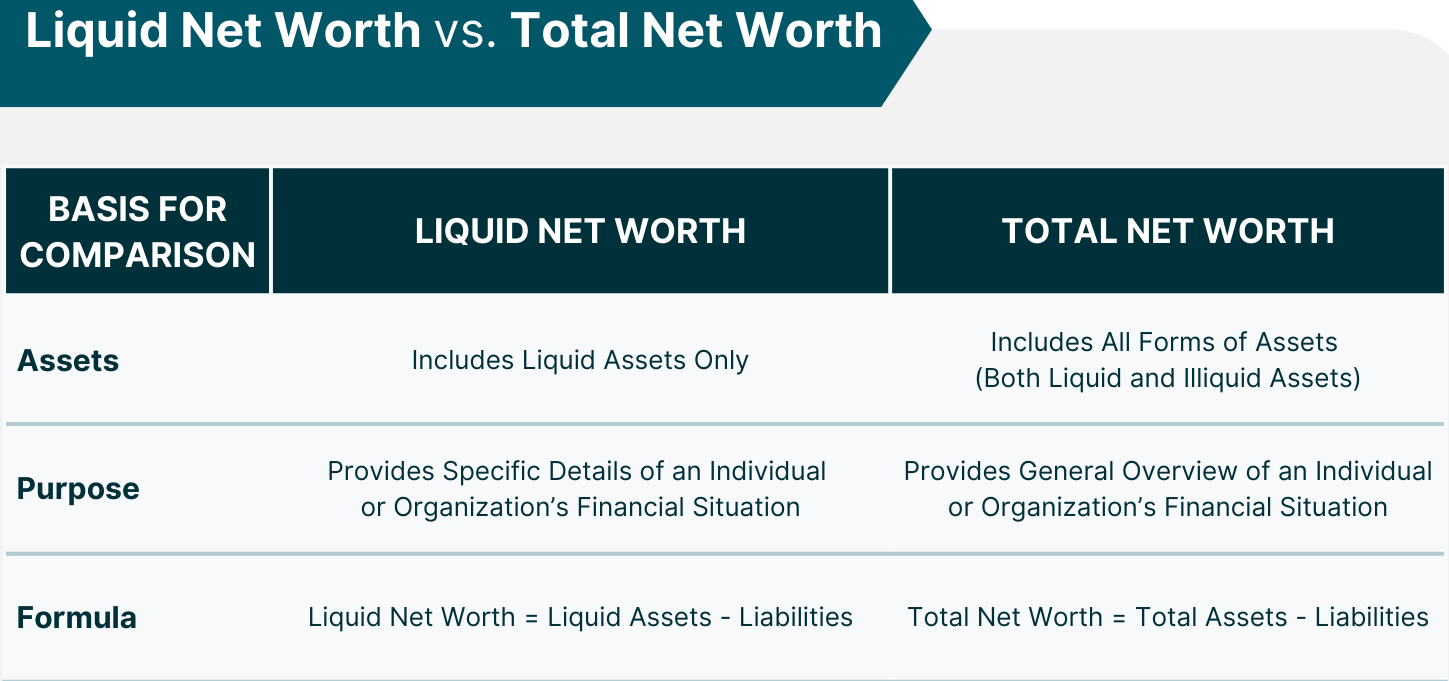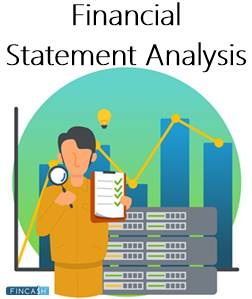Best Practices for Small Business Accounting in the U.S.
Introduction Accounting is a crucial aspect of running a successful small business. Proper financial management ensures compliance with tax laws, enhances decision-making, and promotes business growth. By following best practices in accounting, small businesses can stay financially healthy, avoid penalties, and maximize profitability. What is Small Business Accounting? Small business accounting involves recording, tracking, and… Read More »








